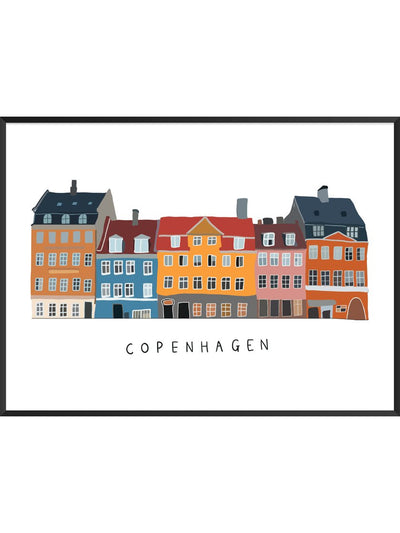The Circular Economy and the Power of the 7Rs
As we grapple with the stark realities of climate change and environmental degradation, the concept of a sustainable and circular economy has emerged as a beacon of hope. Unlike the traditional linear economy, which focuses on the 'take-make-waste' approach, the circular economy is about 'reduce, reuse, and recycle.' But this is only scratching the surface. To truly understand and appreciate the power of the circular economy, we must delve deeper into the heart of the matter—the 7Rs: Rethink, Refuse, Reduce, Reuse, Repair, Regift, Recycle.
Understanding the Circular Economy
The circular economy, at its core, is a regenerative model designed to minimize waste and make the most of our resources. It encourages us to move away from the consumption-driven culture that has characterized our society for so long, towards a more sustainable and responsible model.
The circular economy is not just about recycling. It embodies a holistic approach that begins at the very inception of a product's life cycle and continues long after the product has served its purpose.
This is where the 7Rs come into play
1. Rethink: The concept of 'rethinking' is about changing our mindset towards consumption. It prompts us to question our needs and wants, to challenge the status quo, and to think critically about our consumption habits. Rethinking is about considering the entire lifecycle of a product before making a purchase—where it comes from, how it's made, how it's used, and what happens to it after use. It's the process of evaluating whether our purchasing decisions align with our commitment to sustainability.
2. Refuse: Refusing is a proactive step in the direction of sustainability. It is about saying 'no' to products and services that contribute to the depletion of natural resources and increase waste. This includes single-use plastics, non-recyclable materials, and products with excessive packaging. Refusing also means declining items we don't need, even if they're free, such as promotional giveaways or unsolicited mail.
3. Reduce: To 'reduce' is to minimize the amount of waste we generate and the resources we consume. This can be achieved in numerous ways, like buying only what we need, choosing products with less packaging, and opting for energy-efficient appliances. Reducing also involves decluttering our lives and homes, freeing us from the burden of owning more than we need or can use.
4. Reuse: 'Reusing' is about finding new life for items that would otherwise be discarded. For example, glass jars can be used for storage, old t-shirts can be turned into rags, and cardboard boxes can be utilized for organizing. Reuse extends to buying second-hand products, sharing items with neighbors, and choosing reusable over disposable items (like water bottles, coffee cups, and shopping bags).
5. Repair: The 'repair' principle encourages fixing items instead of discarding them at the first sign of wear or damage. By repairing products, we extend their life and delay the time when they become waste. This could range from mending clothes and shoes, fixing appliances, or even restoring furniture.
6. Regift: 'Regifting' is the process of giving away items that are no longer useful to us but could be valuable to others. This could be through donation, selling, or swapping. Regifting not only reduces waste but also promotes a sense of community and sharing.
7. Recycle: 'Recycling' involves processing used or waste materials into new, useful products. This can mean separating your household waste into recyclable and non-recyclable bins, composting organic waste, or participating in local recycling programs. It's crucial to understand local recycling guidelines, as incorrect disposal can lead to contamination of recycling streams.
How you can make a difference!
By integrating these 7Rs into our daily lives, we can significantly reduce our environmental impact and contribute to a healthier, more sustainable planet. Each 'R' encourages us to take responsibility for our consumption and waste, empowering us to make a difference in our own lives and in the world around us.
Remember, every small action counts. Let's rethink, refuse, reduce, reuse, repair, regift, and recycle, paving the way for a brighter, greener tomorrow.


















































